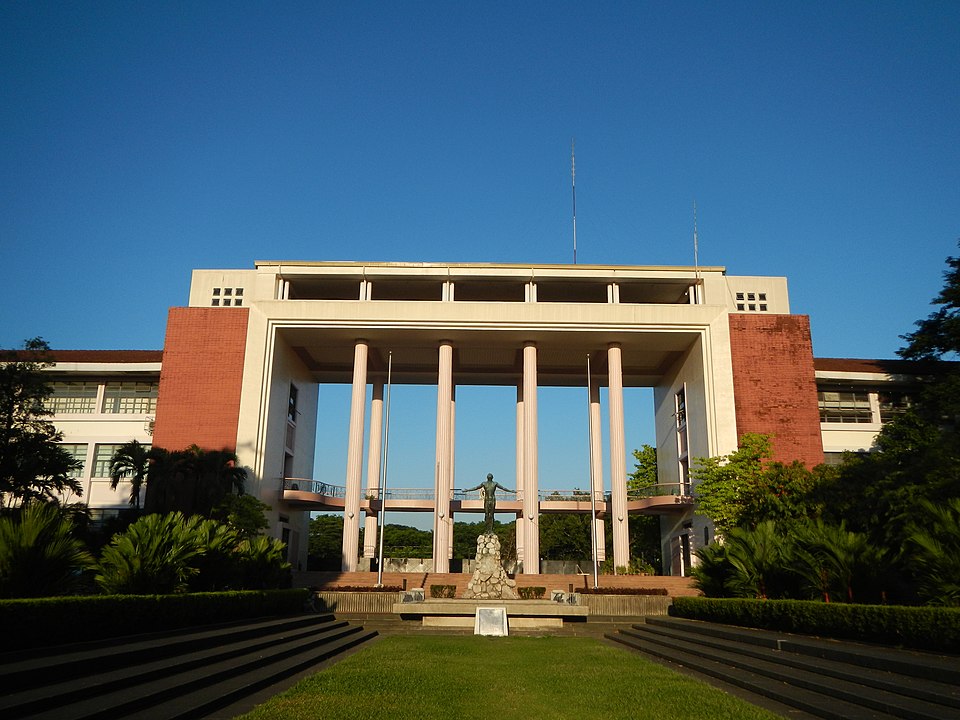
MANILA – The Court of Tax Appeals (CTA) en banc has turned down a petition filed by the University of the Philippines (UP) System Administration challenging a tax assessment against it for unpaid taxes worth PHP9 million in 2006.
In a 16-page decision dated Nov. 18 and made available Wednesday, the tax court ruled to deny the suit filed by the institution, which claimed that the taxes sought to be collected was covered in provisions for tax exemption granted the university under Republic Act (RA) 9500, which took effect in 2008.
In 2007, an examination was undertaken by the Bureau of Internal Revenue of UP’s books of account and other accounting records for all internal revenue taxes for 2006.
In 2009, the BIR issued a preliminary assessment notice (PAN) with details of discrepancies for deficiency value-added tax (VAT) of PHP6.09 million and expanded withholding tax (EWT) of PHP3.06 million.
The university then filed a petition for review before the tax court’s first division in 2011, seeking the cancellation and withdrawal of the final assessment notice/formal letter of demand and the Final Decision on Disputed Assessment (FDDA) issued by the BIR in 2011.
The university also sought a ruling from the court affirming its exemption from both VAT and EWT under RA 9500. The said law which took effect in 2008 amends RA 1870 and designated UP as the country’s national university.
The UP system filed its protest to the PAN in 2010 after a FAN/FLD was issued by the BIR for the said amount.
A ruling by the tax court’s First Division in 2018 denied the institution’s petition for review and ruled that revenues from UP’s activities conducted for profit regardless of its disposition of the income is subject to tax.
UP then elevated the case to the CTA en banc.
Among other things, UP questioned the BIR’s act of preparing the FAN/FLD before an invitation for an informal conference which it said “defeated the purpose of an informal conference where it could explain its side.”
UP’s lawyers claimed the acts lead them to conclude that the BIR was predisposed to demand and enforce the deficiency VAT and EWT against it, in supposed violation of its right to due process.
Ruling against UP, the tax court said it does not find the issuance of the FAN violative of due process, noting that UP belated filed its reply to the preliminary assessment notice more than a month after its receipt.
“Verily, absent proof that petitioner indeed timely filed the required protest to the FAN/FLD. We are constrained to rule that the assessment against it has already attained finality. it is noted that petitioner (UP) bears the burden of proving that it validly disputed the FAN/FLD,” the tax court noted.
The CTA also ruled that exemption from all taxes and duties of all assets and revenues of UP used for education purposes introduced in RA 9500 which took effect in 2008 cannot cover the assessment for the tax year in 2006.
“Regrettably, the Court cannot apply the exemption granted under RA 9500 as the law was not yet in existence at the time. It is a basic tenet that laws are to be applied prospectively unless the retroactive application was provided for,” the tax court said.